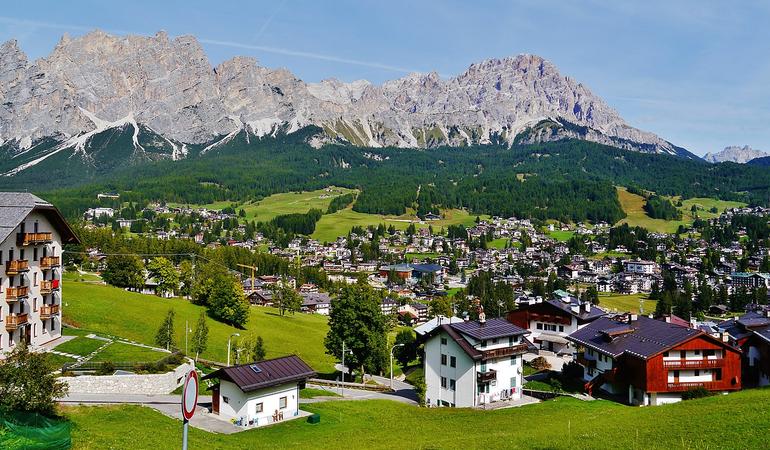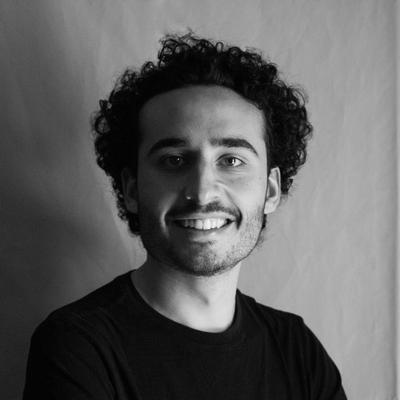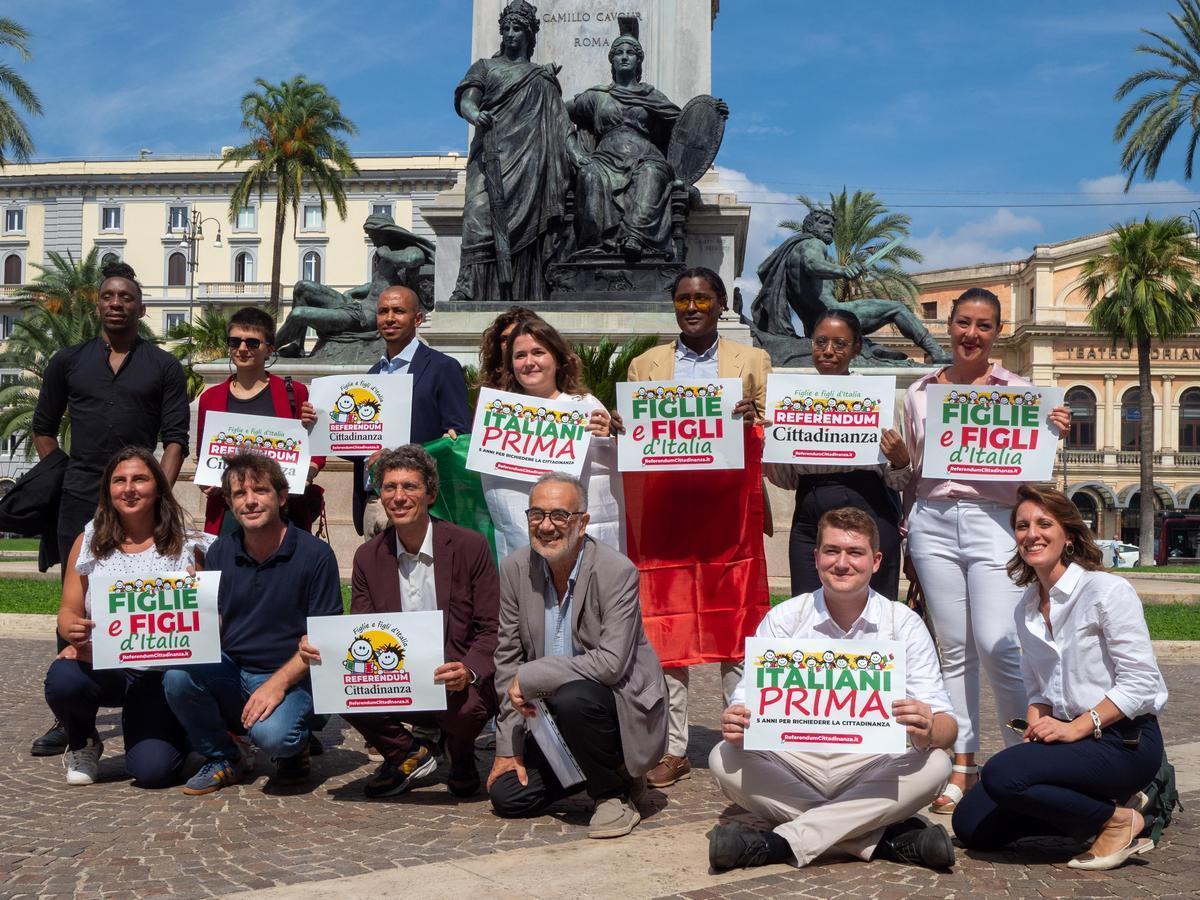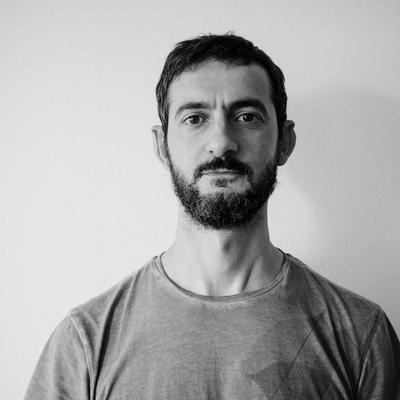
Olimpiadi Milano-Cortina 2026, affitti alle stelle. Anche per i volontari



23 settembre 2024
"Years of discussions, oppositions, proposals, and no concrete steps forward. On the issue of citizenship, politics has been at a standstill for too long. The instrument of direct democracy remains then the only lever in the hands of citizens to make them feel the urgency of a measure that has nothing ideological about it, but puts at stake the rights of so many men, women, boys and girls'. This was stated by Don Luigi Ciotti, president of Libera and Gruppo Abele, on the occasion of the presentation, at the Court of Cassation, of the question for the referendum to reform the law on citizenship.
After Antonio Tajani's opening and Prime Minister Giorgia Meloni's reference to the government programme, even the proposal of ius scholae (and not ius soli) seems to have reached a dead end.Given the growing number of failed attempts to obtain a new citizenship law that responds to the real situation in the country, on Wednesday 4 September the associations Italians Without Citizenship, the National Coordination of New Italian Generations (Conngi), Idem Network, together with Libera, Gruppo Abele, A Buon Diritto, Società della Ragione, Arci and the parties +Europa and Possibile, filed the question for a referendum with the Supreme Court of Cassation, which aims to simplify the process by modifying the existing law in some points. An abrogative referendum with a single question: to reduce from 10 to 5 years the minimum duration of uninterrupted legal residence in Italy to become a citizen.
In our country, the concept of citizenship is governed by Law No. 91 of 1992. The right is acquired iure sanguinis, i.e. if one is born or adopted by Italian citizens. Not only that, it can be obtained by marrying an Italian citizen or if one is born on Italian territory of stateless or unknown parents. Finally, it can be applied for by foreigners who have been resident in Italy for at least ten years and meet certain requirements such as sufficient income to support themselves, housing and the absence of a criminal record.
Istat and Fondazione Moressa have estimated the effect of this return to the past. About 2,300,000 people would benefit. In particular, cohabiting minor children would acquire citizenship automatically when their parents obtain it. With this change, more children of foreigners would become Italian citizens than would be the case with the ius scholae, which instead provides for the acquisition of citizenship at the end of a course of study. There are 900,000 foreign male and female students in our country. Of these, 65% were born in Italy. At least 500 thousand girls and boys have parents who have been resident for at least five years, while those who have completed a school cycle number 135 thousand.
Asylum and migration, what the new EU pact provides
Just consider that in order to renew a residence permit a minor in Italy has to provide fingerprints at the police headquarters and skip school days, as well as live with the constant uncertainty of being able to meet the requirements and the bureaucratic timeframe. If he cannot renew his permit, he cannot leave the country, cannot participate in school trips or language exchanges abroad, cannot take part in public competitions, cannot even play certain sports. For example, teams with more than two foreign nationals cannot register for the national basketball championships of the Italian Basketball Federation (Fip), and the same applies to football where a maximum of two non-EU nationals can register for a team to be admitted to the National Amateur League.
Supporting the initiative on a political level, in addition to +Europa and Possibile, are the Democratic Party, the Italian Socialist Party, Italian Radicals and the Communist Refoundation. Among the first adherents are also personalities from the institutions and the third sector, including Don Luigi Ciotti, Luigi Manconi, Emma Bonino, Teresa Bellanova, Gianfranco Schiavone, Mauro Palma, Paola Binetti, Riccardo Magi and Antonella Soldo.In a few days, after publication in the Official Journal, it will be possible to subscribe to the referendum online with digital identity (such as "Spid" or "Cie") at referendumcittadinanza.it
"It is a simple project that aims to give Italy to the Italians, therefore to those who live and work in Italy. To those who contribute to making it. It is a proposal aligned with other European legislations and, paradoxically, it aims to restore a thirty-year-old law. If the referendum passes it will affect the country's identity: stronger, more robust, more in tune with reality. By recognising as citizens people whose rights are now denied or removed, it will be a more inclusive and safer country,' says Antonella Soldo, a member of the general council of the Luca Coscioni Association, who has just left the Court of Cassation.
'Of course other paths, more structured reforms, would be preferable. But these people cannot wait any longer, their dignity and our public ethics depend on it. The referendum to shorten the time for citizenship is a referendum to shorten the distance between people and their basic rights,' Don Ciotti concludes.
La tua donazione ci servirà a mantenere il sito accessibile a tutti
La tua donazione ci servirà a mantenere il sito accessibile a tutti